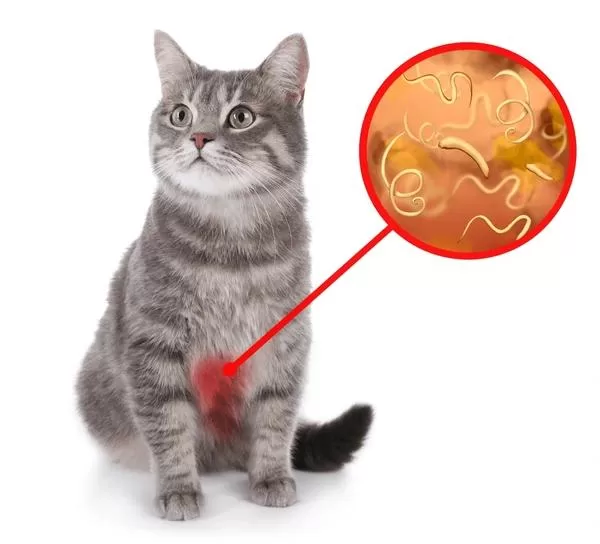Presented by: Dr. Newton Bala (M.V.Sc) veterinary surgeon and consultant
Deworming is an essential step for your pet’s health. Maintaining your pet’s health and well-being is your primary priority. Intestinal parasites can seriously harm your pet’s health. These parasites can induce digestive problems, malnutrition, and even fatal situations. As a doctor, I am constantly asked that question. That is, should I give my puppy deworming, when should I do it, and how frequently should I do it? In this blog post, I will explain the importance of deworming, its benefits, and how to set up an efficient deworming schedule for your pet.
What is Deworming
Deworming is the process of removing intestinal parasites, also known as worms, from the digestive system of animals, including dogs, cats, and livestock. These parasites can cause a range of health problems, from mild discomfort to life-threatening conditions.
Types of Intestinal Parasites
- Hookworms
- Roundworms
- Tapeworms
- Whipworms
- Heartworms
Why Deworming is Important
Prevents Intestinal Parasites
- Hookworms: These parasites cause anemia and weight loss by adhering to the gut wall and sucking blood.
- Roundworms: They can lead to malnourishment, intestinal problems, and in extreme situations, organ damage.
- Tapeworms: These flatworms can lead to anus discomfort, weight loss, and digestive issues.
- Whipworms: They can cause anemia, weight loss, and persistent diarrhea.
- Heartworms: Although not exclusively intestinal, these parasites have the potential to seriously harm the heart and lungs.
Protects Against Health Risks
- Malnutrition and weight loss: Intestinal parasites can steal nutrients from your dog’s food, leading to malnutrition and weight loss.
- Anemia and blood loss: Hookworms, in particular, can cause anemia and blood loss in dogs.
- Organ damage: In severe cases, intestinal parasites can damage your dog’s organs, such as the liver, lungs, and intestines.
Supports Overall Health
- Boosts immune system: Deworming helps maintain your dog’s immune system, reducing the risk of secondary infections.
- Promotes healthy digestion: Regular deworming ensures your dog’s digestive system functions properly, preventing issues like diarrhea and vomiting.
- Enhances quality of life: By preventing intestinal parasites, deworming improves your dog’s overall quality of life, enabling them to thrive and enjoy activities with you.


Deworming Methods
- Medications: Administering anthelmintic medications, such as tablets, liquids, or injections, to kill the parasites.
- Natural Remedies: Using natural substances, like herbs and botanicals, to repel or eliminate parasites.
- Fecal Testing: Regular fecal exams to detect and monitor parasite infestations.
Recommended Deworming Schedule
- Puppies: Deworm every 2 weeks from 2-12 weeks old, then monthly until 6 months old.
- Adult dogs: Deworm every 3-6 months, depending on your dog’s lifestyle, age, and health status.
- High-risk dogs: Dogs that spend time outdoors, are exposed to contaminated soil or feces, or have a high parasite burden may require more frequent deworming.
Frequency of Deworming
The frequency of deworming depends on factors like the animal’s age, health status, lifestyle, and geographic location. Consult with a veterinarian to determine the best deworming schedule for your pet.
Consult with your veterinarian to determine the best deworming schedule for your furry friend.
Meet Dr. Newton Bala, a compassionate and experienced veterinarian dedicated to providing top-notch care for your beloved pets. With 7 plus years of experience and a passion for animal welfare. Dr. Bala is a highly qualified veterinarian with B.V.Sc & A.H, M.V.Sc degree from WEST BENGAL UNIVERSITY OF ANIMAL AND FISHERY SCIENCES (WBUAFS). He is also certified in Soft tissue surgery and ABCP with a strong foundation in veterinary medicine.
